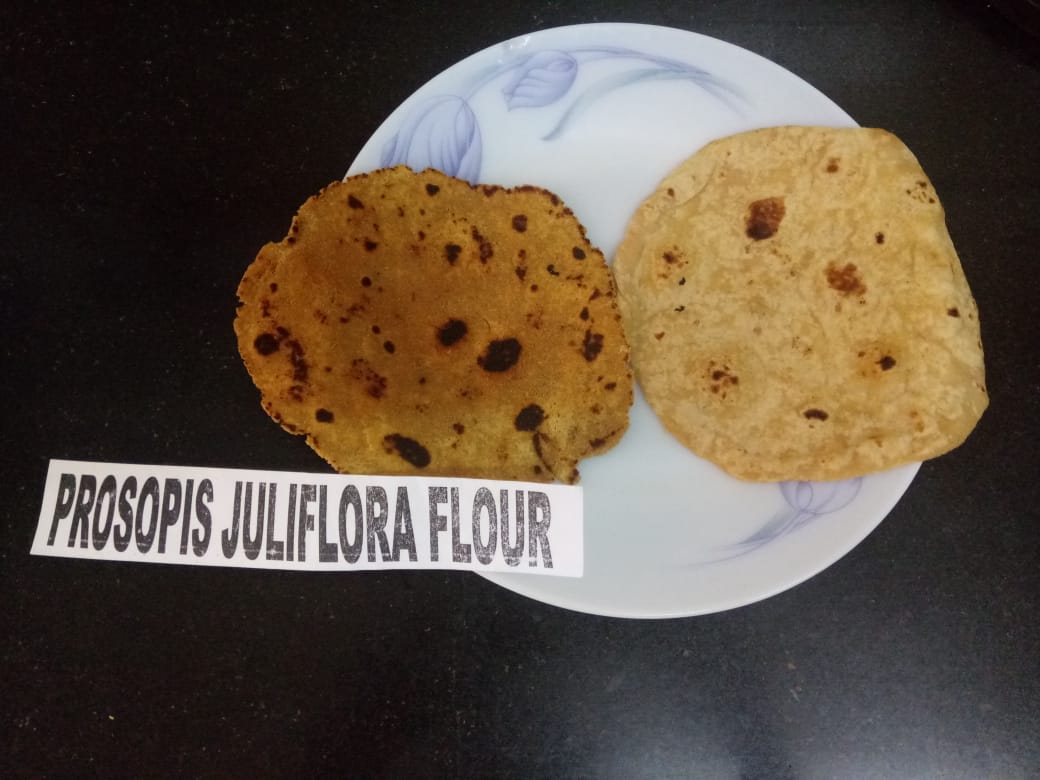In July 2006, a toothless goat was presented as an exhibit at the High Court in Nairobi during the hearing of case filed by five residents of Baringo District against the Government for introducing the tree, Prosopis Juliflora, commonly known as Mathenge tree.
The tree was introduced to curb desertification in Baringo 32 years ago, but according to the residents it has instead wreaked havoc on the environment.
Because of its fast-spreading nature, the tree forms impenetrable thickets that choke up other plants and grass, leaving the ground bare and prone to erosion. Its thorns cause paralysis of the limbs, leading to amputation. It also blocks roads and footpaths, the litigants told the High court.
The residents wanted the Government to be held liable for their suffering and sought for an order to compel the state to eradicate the tree and replace it with indigenous ones and formulate policies to regulate, manage and control the introduction of such plants in future.
The tree whose biological name is Prosopis Juliflora was first introduced into the country in the late 1960s when various environmental organizations advocated for the plant to curb desertification.
According to records at the Kenya Forest Research Institute (KEFRI), the tree was first introduced to Africa through Senegal in 1822.
In Kenya, the tree is also found in several other counties including Garissa, Taita Taveta, Bura and Hola in Tana River County and is fast spreading to neighbouring counties.
However, a group of young innovators and researchers from Garissa have identified economic benefits from the prosopis Juliflora (mathenge) tree.
This group has been conducting its findings at the KEFRI and Garissa University with assistance from African Development Solutions (Adeso) as part of a research to identify problems affecting the community and giving solutions to it.
According to one of the researchers, Samuel Kingori, the plant can be used as medicine that can cure 27 diseases.
Its pods can be milled into flour that makes cakes and chapati as well as jam and beverages.
Although the Kenya Bureau of Standards (KEBS) has not approved the products, Kingori said they were determined to engage the Government Chemist and nutritionists to convince them to buy the idea.

Speaking in Garissa town during a one-day sensitisation workshop for youths, Kingori said the programme is meant to demystify “mathenge” as a totally bad plant.
The group in their research found that the plant flour has 7.2% of Protein, Carbohydrate 30-70% Fibre 11-30%, Fat 1- 6%, among others.
Mohammed Ali, the programme head at Adeso, said bringing the youth together was to give the community an opportunity to come up and identify innovations that address persistent recurrent drought in the affected regions.
The community will come up with workable solutions which will have a final product as the solution to their problems.
READ: NGOS DEMAND REPEAL OF 16% FUEL TAX
Innovation adviser with Adeso Nag Rajun said the community is determined to have solutions to handle the situation affecting them.
The innovation lab and ideas is being undertaken in Garissa and Marsabit counties.
Apart from being used to manufacture medicine for livestock, the Mathenge tree can also be used to improve the livelihoods of desert communities by providing shade, high quality timber, charcoal, and animal feed.












2 Comments